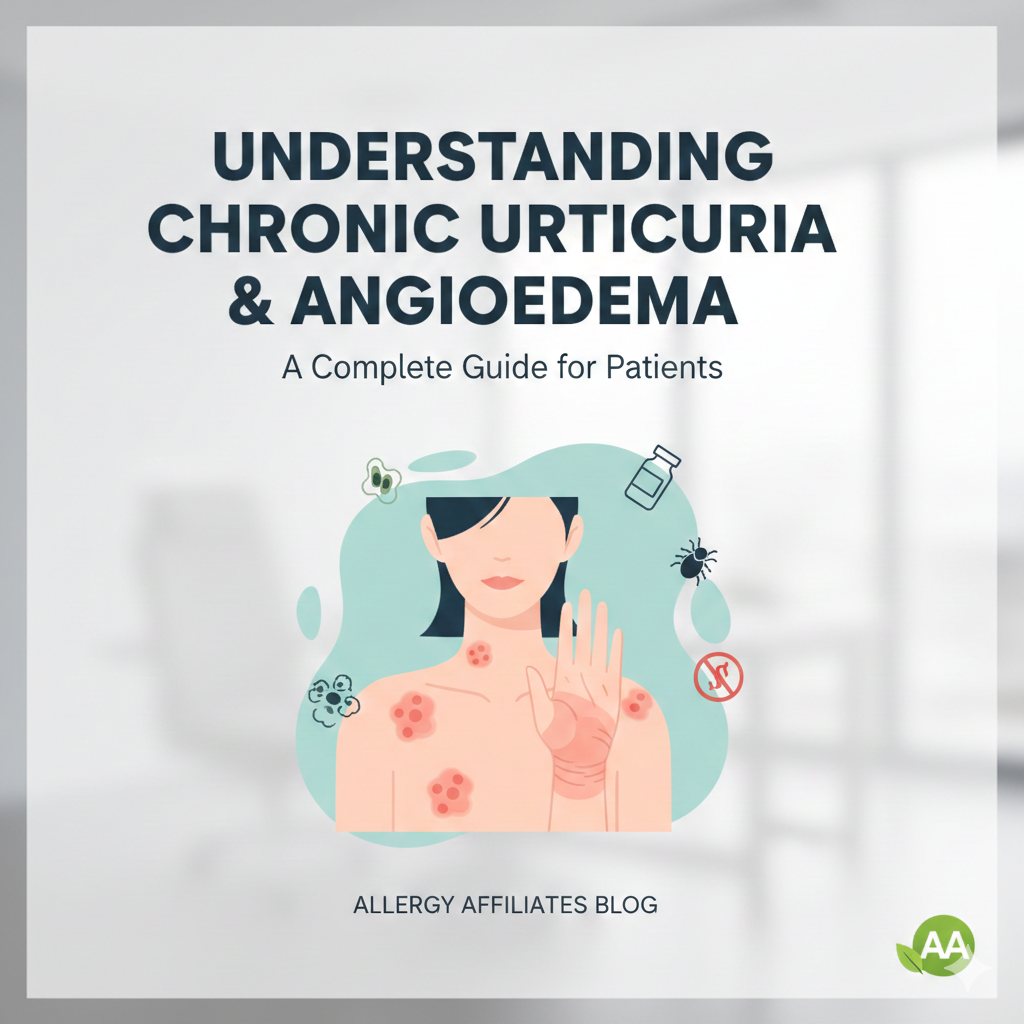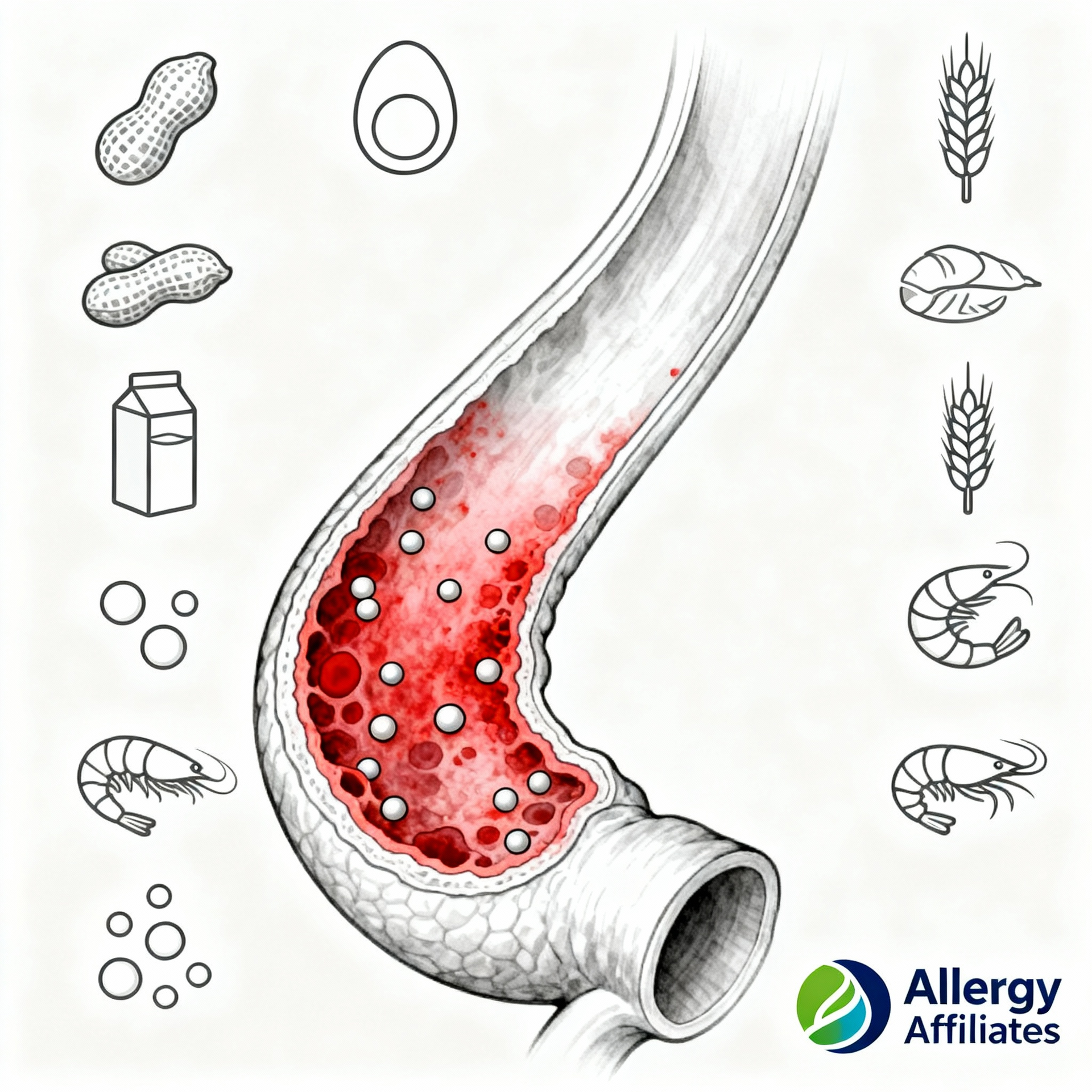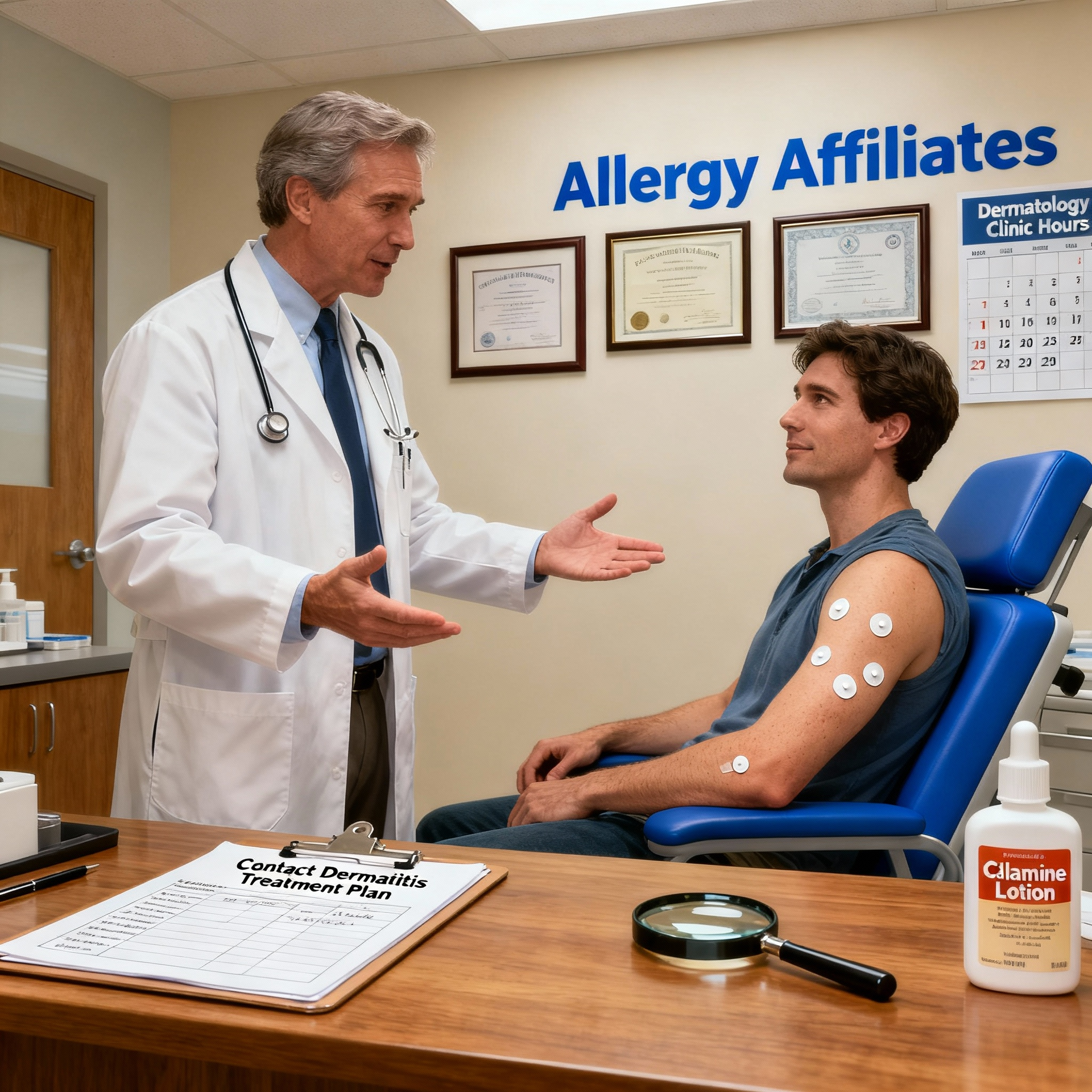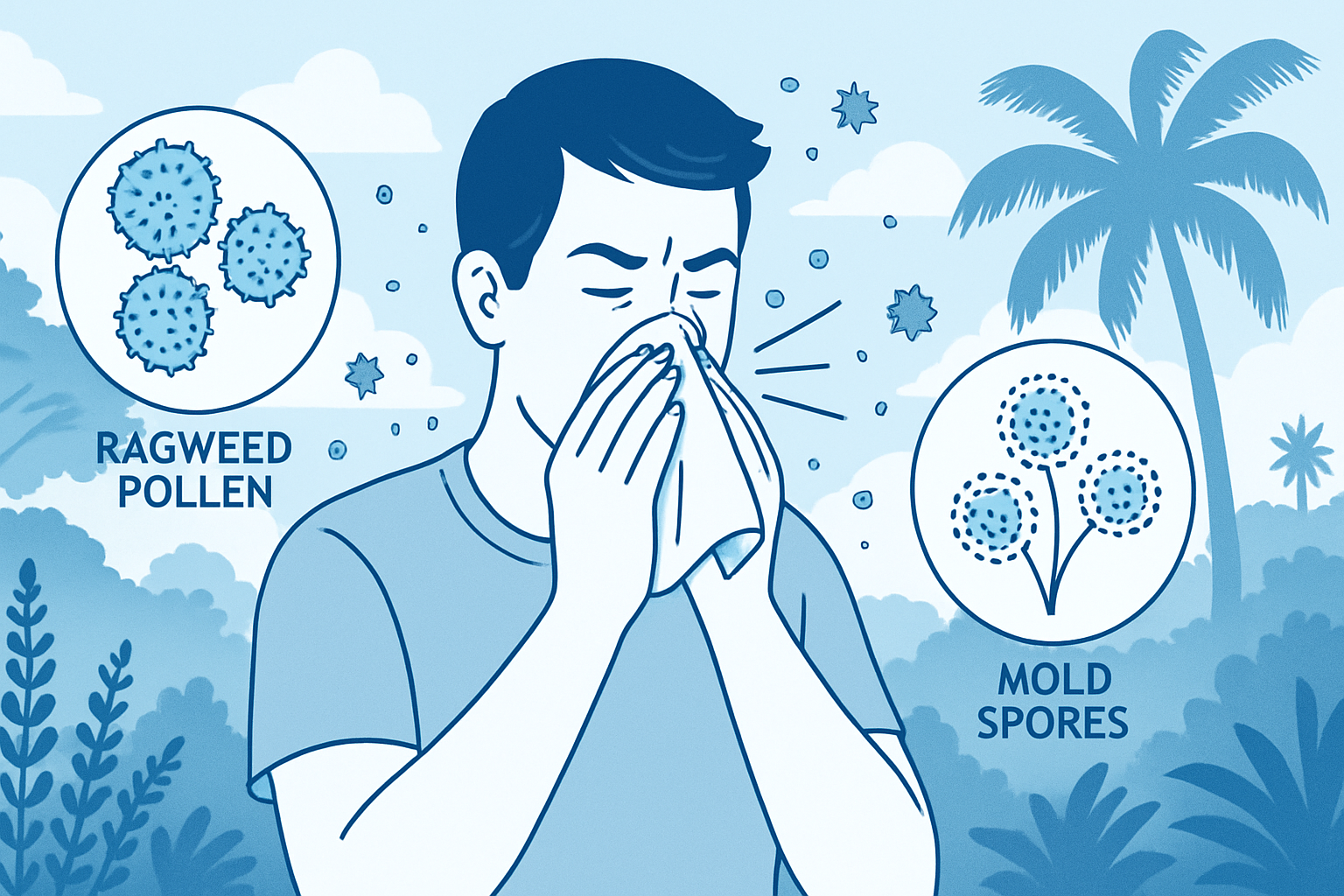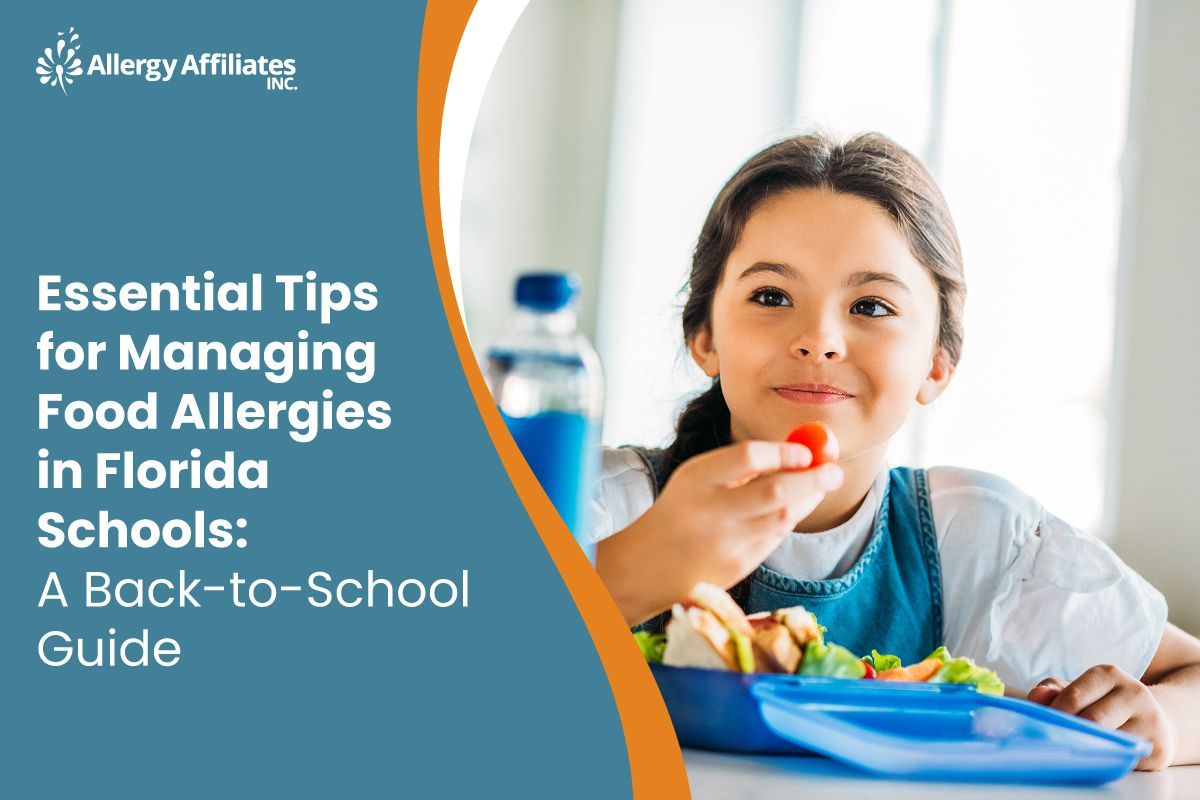
According to the University of Florida, about 5–8% of children under the age of four and 2% of adults have food allergies. About 150 people die yearly in the United States because of food allergies. Understanding these statistics highlights the importance of proactive measures and preparedness when managing school food allergies.
As a parent, ensuring your child's safety outside the home is paramount, especially when dealing with allergies. This article will equip you with essential tips and strategies to effectively navigate school food allergies, safeguarding your child's health and well-being.
What is Food Allergy?
A food allergy is a reaction of the immune system to specific proteins that are generally not tolerated by the body. When children with food allergies consume or come into contact with an allergen, their immune system reacts, leading to symptoms ranging from mild to severe.
It is crucial to note that even a tiny amount of exposure to an allergen can trigger a severe reaction in individuals with food allergies. Therefore, strictly avoiding allergenic foods is essential in preventing allergic reactions and ensuring your child's well-being.
What are the Causes of Food Allergies?
As a parent of a child with food allergies heading back to school, it's essential to understand its causes to manage better and protect your child's health. By understanding these underlying causes, you can take proactive steps to manage your child's allergies and create a safe environment for them at school.
Here are some critical factors that contribute to the development of common food allergies:
1. Genetics
Your family's history plays a significant role in determining the likelihood of developing food allergies. Your child may be at a higher risk if you or your partner have a history of allergies, asthma, or eczema.
2. Environmental Factors
Early exposure to specific allergens, such as through the skin or the diet, can increase the risk of developing food allergies. Environmental factors like pollution and the early introduction of certain foods can also play a role.
3. Immunological Responses
The National Library of Medicine study says that food allergies result from an abnormal immune reaction to usually harmless dietary proteins. In this context, the immune system mistakenly identifies food proteins as harmful. It launches an immune response to attack them, resulting in various symptoms and potentially severe or life-threatening reactions.
What Are the Symptoms of a Food Allergy Reaction That Parents Should Know About?
Be sure to inform your child's school and teachers about their food allergies and share how they typically manifest for prompt treatment. Signs of food allergy vary from person to person and can induce mild to severe reactions. Some symptoms of an allergic reaction are:
- Wheezing: A high-pitched whistling sound while breathing.
- Trouble Breathing: Having difficulty or shortness of breath or feeling of suffocation.
- Coughing: Persistent coughing that may be dry or produce phlegm.
- Hoarseness: Voice changes, making it sound rough or strained.
- Throat Tightness: Feeling of constriction or narrowing in the throat.
- Belly Pain: Abdominal discomfort, cramping, or pain.
- Vomiting: Forcefully pushing the stomach contents out of your mouth.
- Diarrhea: Frequent, loose, or watery bowel movements.
- Itchy, Watery, or Swollen Eyes: Irritation, redness, or puffiness in the eyes.
- Hives: Raised, itchy, red welts on the skin.
- Red Spots: Skin discoloration or rashes.
- Angioedema: Swollen face, lips, tongue, or throat.
- Drop in Blood Pressure: Sudden decrease in blood pressure, leading to lightheadedness or loss of consciousness (passing out).
When you notice any of these symptoms in your child after consuming a specific food, seek immediate medical attention and have them evaluated by a
healthcare professional.
Back-to-School Guide: Essential Tips for Managing Food Allergies in Florida Schools
Implementing effective measures for allergy prevention is essential in creating a safe environment for your child. Here are some vital tips for effectively managing food allergies in Florida schools.
A. Develop a Comprehensive Allergy Action Plan
Working with your child's allergist or healthcare provider to create an individualized allergy action plan would be beneficial. This plan should outline specific instructions on preventing and managing allergic reactions, including emergency contact information.
B. Advocate for Accommodations
Educate and work with school staff and fellow students about food allergies, and schools can create a safer and more supportive environment for children with allergies. This may include allergen-free meal options, designated allergy-aware areas in the cafeteria, and classroom policies to prevent cross-contamination. Proper protocols and awareness of allergy in schools is essential for safeguarding your child's health and well-being.
C. Teach Your Child About Their Allergies
Educate them and yourself about their food allergies, teaching them how to read food labels. Recognize food allergens, encourage them to communicate their needs to teachers and peers, and empower them to take responsibility for their safety.
D. Provide Necessary Medications in Case of Triggers
The Florida Department of Education provided guidelines for students with life-threatening allergies. According to these guidelines, students “may carry an epinephrine autoinjector and self-administer epinephrine by autoinjector while in school, participating in school-sponsored activities, or in transit to or from school or school-sponsored activities if the school has been provided with parental and physician authorization.” Let your child's allergist or doctor guide the proper use and storage of drugs and help create a plan that aligns with the child's needs.
When your child with allergy returns to school in Florida, ensuring effective management and awareness of food allergies is crucial for safeguarding their health and well-being. Following these essential tips can create a safe and supportive environment for your child, allowing them to thrive academically and socially.
Moreover, it’s best to consult your child's allergist or healthcare provider for personalized guidance and practical strategies to manage their food allergies.
Frequently Asked Questions (FAQ) on Food Allergies
Creating an inclusive and safe environment for your child begins with understanding food allergies. Remember, you are not alone in this journey; resources and support are available. In this section, we’ll answer the most commonly asked questions about this topic:
What is anaphylaxis?
Answer: Anaphylaxis is a life-threatening severe allergy reaction that can occur rapidly after exposure to an allergen. It can be dangerous to your child’s life. It is a systemic reaction, which means that it affects more than one part of the body.
Moreover, anaphylaxis is a medical emergency that needs rapid epinephrine (adrenaline) treatment to stop the symptoms and keep them from worsening. If your child seems to have anaphylaxis, call 911 or go to the hospital immediately. It's important to let your child's school, teachers, and caregivers know about the risk of anaphylaxis and make sure they know what to do if an allergic reaction happens.
How do food allergies and food intolerance differ?
Answer: A food allergy and intolerance are distinct reactions to certain foods. A food allergy involves an immune response, triggering symptoms like hives, itching, swelling, vomiting, or difficulty breathing. In severe cases, it can result in anaphylaxis, a life-threatening reaction. Food allergies can occur shortly after consuming the allergenic food, even in small amounts.
On the other hand, food intolerance is a digestive issue, causing symptoms like stomachache, bloating, or diarrhea. Food intolerance symptoms are usually milder and may appear hours or even days after consuming the problematic food. Recognizing the difference and consulting with a healthcare professional for proper management is essential.
You can learn more about the distinction between food allergies and intolerance from our previous blog article, “Food Intolerance vs Food Allergy: What's the Difference?”
Creating a Safe Environment: Expert Support for Managing Food Allergies in School
Make your child's safety and well-being a priority by implementing these essential tips for managing food allergies. Ensure your child with food allergies has a safe and inclusive learning environment in Florida schools.
For a comprehensive back-to-school allergy guide, search for "Florida allergist" and "Florida food allergies clinic" to connect with the experts at Allergy Affiliates. Our top-notch team will work closely with you to develop a personalized plan, ensuring your child's safety and well-being against food allergies in the school setting.
Click
here to book a consultation, or call us at 941-792-4151 for inquiries. Let us be your trusted partner in navigating the challenges of managing food allergies in the educational setting.



